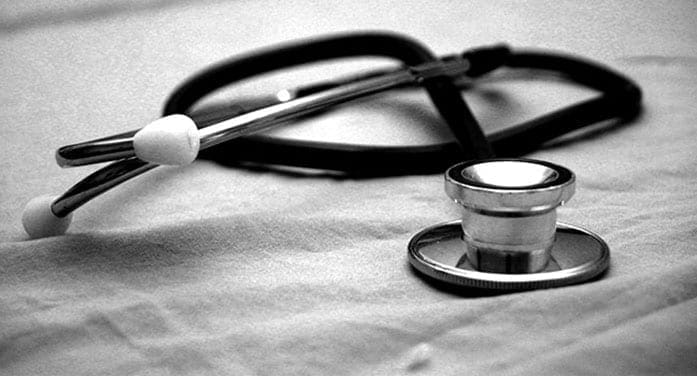Medical billing and coding are some of the quickest growing occupations in the country. The U.S. Bureau of Labor Statistics proposes employment will increase by 22% up to 2026. The aging population’s need for healthcare services is the driving force for demand. Every medical facility requires medical billers and coders for insurance and patient invoices.
What is a Medical Biller and Coder Specialist?
A medical biller and coder specialists act as a liaison between medical offices and insurance companies.
A billing and coding specialist helps the healthcare facility manage insurance claims, invoices, and payments. The day-to-day duties of a medical biller and coder include:
- Correctly coding services, diagnoses, procedures, and treatments
- Making and sending claims or invoices for payment
- Correcting rejected claims
- Tracking payments
- Following up outstanding invoices
Medical billing and coding is mainly an office job, as opposed to patient-facing clinical work. A medical billing and coding specialist will spend a lot of their time on the computer, reviewing, entering, and updating information.
What is Needed to be a Medical Biller and Coder?
To become a medical biller and coder requires completing a medical billing and coding certification. Certificates can take as little as four months or fifteen months to get. The medical billing and coding program’s length depends on the fields of specialty you wish to study and the time you can dedicate to classes each week.
Responsibilities of a Medical Biller and Coder
The responsibilities vary for medical billers, and coders will vary. The primary duties are the same. Experience with the necessary codes is an essential requirement, but below are other areas a medical biller and coder should be knowledgeable in:
- Medical Terminology – for a biller and coder to code correctly, they need to understand medical terminology. This includes physiology and anatomy terms, procedural and diagnosis terminology, etc.
- Computer Skills – the medical billing and coding process requires a working knowledge of computer systems and medical software.
- Math Skills – billers and coders need to do basic arithmetic to determine proper billing amounts. The billing system typically populates forms with the correct quantity for insurance claims on the codes entered. You will also need to calculate any remaining amounts due from patients or set up payment plans where applicable.
- Use of Basic Office Equipment – the position requires computer proficiency. Still, a medical biller and coder will need to use other equipment, including a printer, copier, 10-key calculator, scanner, phone system, etc.
- Communication Skills – part of a medical biller and coder’s job may involve contacting patients for payments. The ability to communicate expertly and effectively is necessary for this duty of the job. In some cases, patients may get upset or angry when faced with their bills.
Medical billing and coding involve identifying diagnoses, treatment, medical tests, and procedures found in clinical documentation and then transcribing patient data into standardized codes to bill government and insurance companies for physician reimbursement.
Who Should Pursue Medical Billing and Coding?
Medical biller and coder specialists need to be extremely organized. This career is suitable for detail-oriented people who can manage time well and handle multiple projects.
The job involves working in an office setting, a lot of time in front of the computer screen, and working with patient files. Medical billers and coders need to have an excellent grasp of medical terminology and need to stay current on changes in procedures and coding guidelines.
Medical billers and coders do not work directly with patients, but they often work with doctors and registered nurses to understand patient data. Medical billers and coders also interact with insurance companies, request and follow up on payments, and public agencies gather research data. Due to the scope of their work in the healthcare industry, medical billers and coders can be employed in various settings.
Medical Billers and Coders and Insurance Companies
There are numerous facilities that medical billers and coders can work. One of those settings is an insurance company. Medical billers and coders that work in the insurance setting need to understand medical codes and research.
Medical billers and coders who work for insurance companies review patients’ claims, verify incoming allegations for accuracy, and do not know whether the information is missing or incorrect. Billers and coders in an insurance company setting will also compare patients’ treatments received their insurance plan coverage and process payments again.
Medical billers and coders in an insurance company setting work to help streamline payment processing. Biller and coder’s efforts ensure claims are correct. Numerous insurance companies offer remote opportunities. These positions are highly competitive, but candidates with a medical billing and coding certificate often enjoy other applicants’ significant advantage.
This content is a joint venture between our publication and our partner. We do not endorse any product or service in the article.


